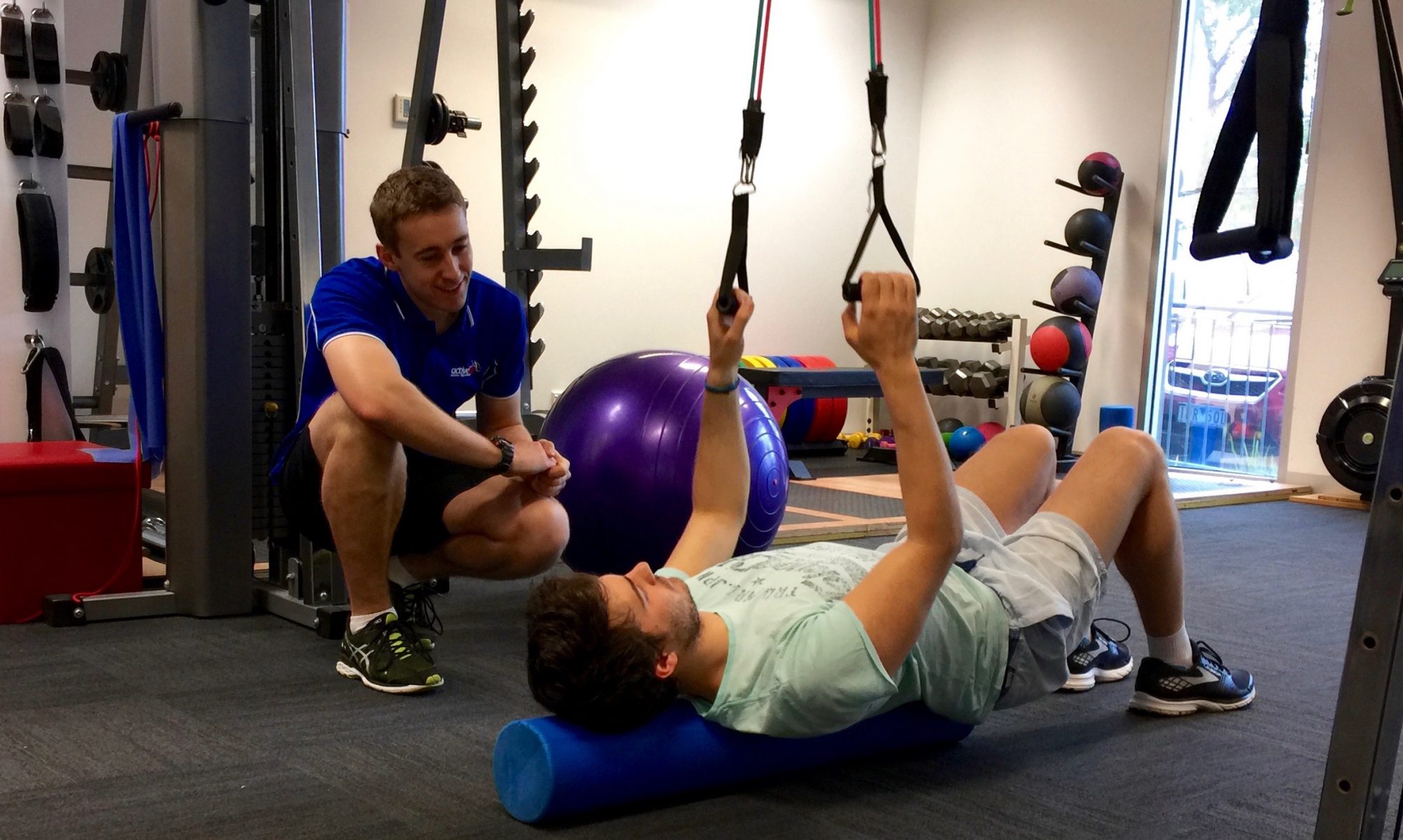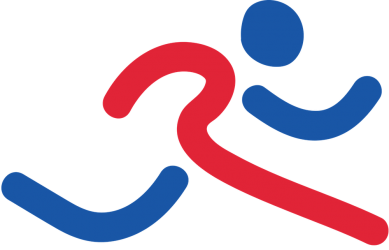Exercising with your Menstrual Cycle
Did you know that your ability to exercise differs throughout the month? This is due to changes in hormone levels, and can impact on training on a monthly basis. There may be some weeks where exercise seems harder than others. So let’s have a look into how this works.
The menstrual cycle has four stages:
- Menstruation
- Follicular phase
- Ovulation phase
- Luteal phase
The hormones responsible:
- Oestrogen: the primary sex hormone in women.
- Progesterone: help thicken the lining of the uterus, when levels drop, your period begins.
- Follicule-stimulating hormone (FSH) : helps follicles (which hold the eggs) in the ovaries mature
- Luteinising hormone: stimulates ovulation.
In the follicular phase: often means a lower body temperature and lower levels of progesterone and ovulation before ovulation. The ovulation phase is where oestrogen peaks and FSH and an egg is released. Oestrogen can impact on training as it increases ligament laxity, increasing your risk of injury. Luteinising hormones can cause central nervous system fatigue and a higher body temperature, with progesterone impacting on muscle recovery.
This is what you need to know about exercising and your menstrual cycle:
Follicular phase (Day 1-14): Time to focus on progress- higher tolerance for pain and increased levels of endurance, increases in insulin sensitivity allows us to use more carbohydrates to fuel sessions.
Ovulation phase: More prone to injury, but strength levels will still be high.
Luteal phase (Day 15-28): Your body will rely on more fat as a fuel source, meaning an increase in body temperature and increased retention. Workouts that use fat as a fuel source, or this is a good time for active recovery or a de-load week. This is often when PMS symptoms arise, bloating, mood and increased fatigue may be at play.
Source: ESSA Exercise and Women’s Health E-book.
Exercise Right, n.d. How your menstrual cycle affects resistance training (https://exerciseright.com.au/how-your-menstrual-cycle-affects-resistance-training/)


